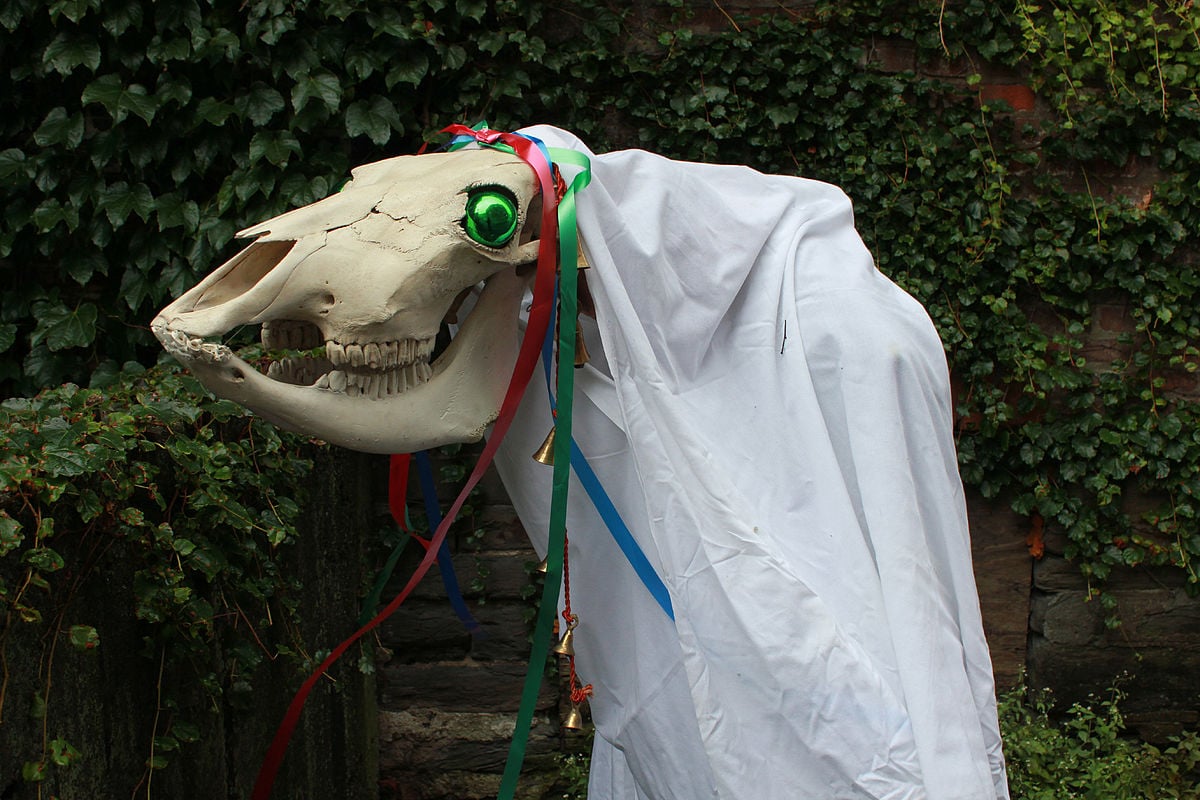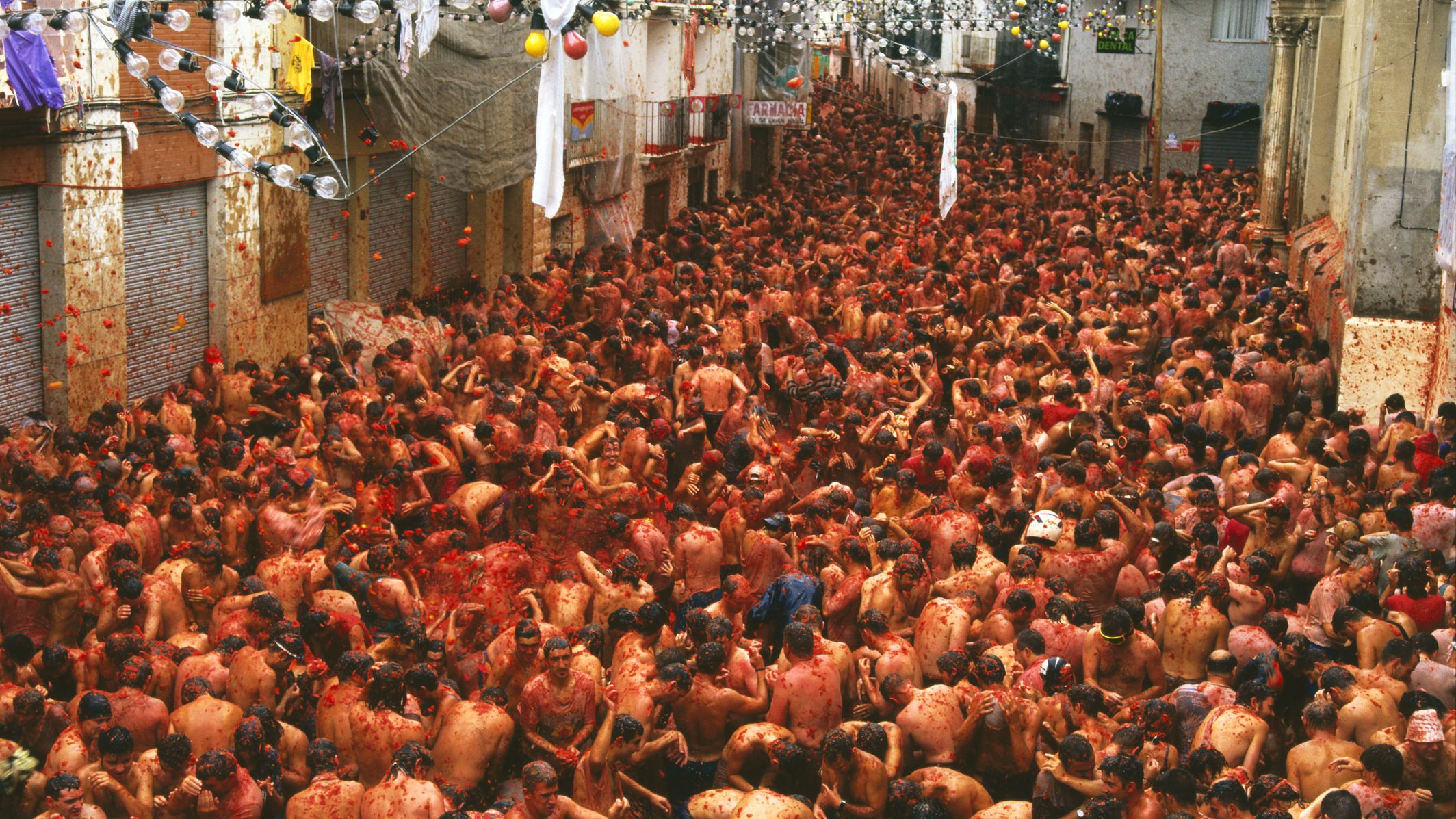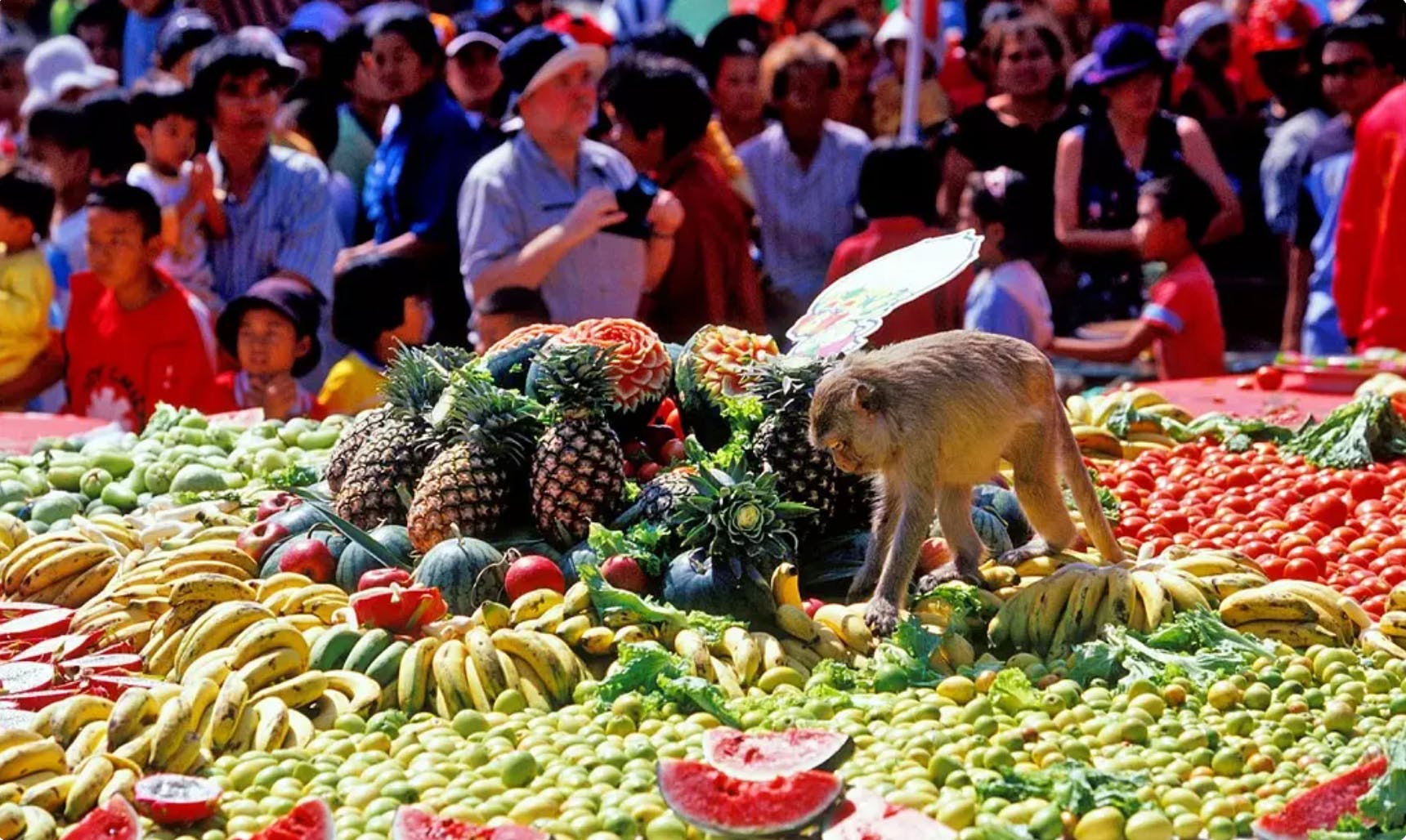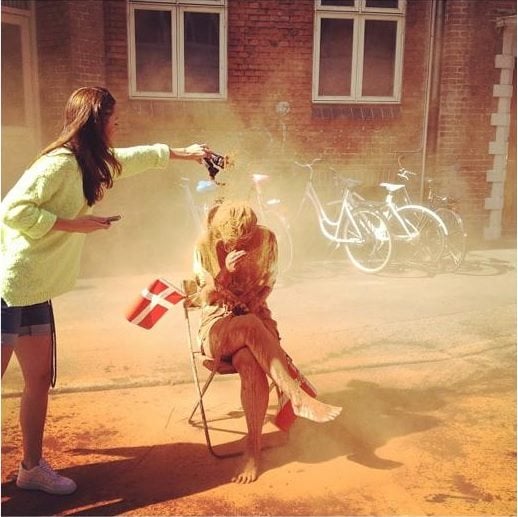10 Unusual Cultural Traditions from Around the Globe
Culture shapes our world through time-honored customs, but some traditions are so unique and surprising that they stand out even against the rich backdrop of global human creativity. Whether rooted in history, chance events, or just playful mischief, these unusual rituals continue to thrive today, uniting communities and attracting curious visitors. Here’s a fascinating look at ten of the world’s most distinctive traditions.
The Mari Lwyd: A Spooky Festive Ritual in Wales
Taking place during the Christmas season, the Mari Lwyd is a Welsh tradition with roots stretching back to the early 19th century. At its heart is a macabre yet imaginative display: a horse’s skull is elaborately decorated, mounted on a pole, and concealed beneath a sheet. This spectral figure is paraded from house to house, accompanied by a crowd of revelers.

At each doorstep, the group launches into song, requesting permission to enter by out-singing the residents, who must respond in verse to deny entry. This playful, lyrical back-and-forth continues until the household either gives in or successfully repels the Mari Lwyd and its musical entourage. The tradition blends dark humor with a celebration of community spirit.
La Tomatina: Spain’s Colossal Tomato Battle
In the Spanish town of Buñol, the last Wednesday of August sees everything-and everyone-turn red. La Tomatina, one of Spain’s most iconic festivals, brings together thousands for a spirited, hour-long tomato fight. What began in 1945 as a spontaneous brawl involving tomatoes is now the world’s largest tomato-throwing event.

Over the decades, La Tomatina’s popularity soared-so much so that tickets are now required to participate. At a recent festival, more than 320,000 pounds of tomatoes were hurled across the streets. The messy aftermath leads to a community-wide cleanup using firetrucks, leaving the town sparkling thanks to the citric acid in the tomatoes.
Cheese Rolling on Cooper’s Hill: A Daring English Race
The annual cheese-rolling race at Cooper’s Hill in Gloucestershire, England, is a thrilling, and sometimes perilous, spectacle. A wheel of cheese weighing up to nine pounds is sent tumbling down a steep, 200-yard hill, while dozens of brave-or reckless-participants chase it in an effort to either catch the cheese or cross the finish line first.
This tradition dates back more than 600 years and continues to draw competitors from across the globe. Injuries are common due to the hill’s steep angle and the chaotic scramble, but that does little to dampen the event’s enduring appeal.
Nenana Ice Classic: Alaska’s Chilling Wager
In the town of Nenana, Alaska, spring is heralded by a one-of-a-kind contest: the Nenana Ice Classic. Locals and visitors bet on the exact moment when the Tanana River’s ice will break up and begin to flow. The contest’s focal point is a sturdy wooden tripod positioned on the river; a string from the tripod connects to a clock onshore.

When the ice thaw is strong enough to move the tripod 100 feet, the string snaps and stops the clock, pinpointing the winning time. Born out of a 1917 wager among railway engineers, the Ice Classic has become a beloved annual tradition, with prize pools often exceeding $200,000, and surplus funds going to local charities.
Polterabend: Germany’s Gleeful Pre-Wedding Smash
Before tying the knot, German couples often take part in Polterabend, a lively tradition meant to bring luck for a happy marriage. Friends and family gather on the eve of the wedding at the bride’s home, bringing with them ceramic dishes-rarely glass, which symbolizes good fortune-and proceed to shatter them with gusto.

The newlyweds are left to clean up the debris together, an act representing their future cooperation in overcoming life’s challenges. The practice is boisterous, sometimes including broken toilets but never mirrors, and serves as both an ice-breaker and a symbol of teamwork.
The Presidential Turkey Pardon: Quirkiness in the White House
Every November, an unusual spectacle unfolds at the White House, baffling outsiders and amusing Americans: the President of the United States ceremonially spares a turkey from the Thanksgiving table. While turkeys have been presented to presidents since the 19th century, the public pardoning ritual became a formal affair starting with President George H. Bush in the late 20th century.
The pardoned turkey is usually sent to a sanctuary or petting zoo, while the event offers the President an opportunity for lighthearted banter. Notably, not all turkeys have been so lucky-in 1948, President Truman made no such gesture, joking that his turkey was destined for the holiday feast.
No Bathroom Breaks: Borneo’s Wedding Test
Across cultures, newlyweds observe myriad traditions for luck and happiness, but few are as demanding as that observed by the Tidong tribe in Borneo. Following their wedding, newlyweds must spend three full days and nights together in a single room-without using the bathroom at all.
This rule is strictly supervised by family, who ensure the pair consumes only small amounts of food and drink. The aim is to bring blessings and longevity to the marriage, with any breach in the rule believed to foretell misfortune or a short union.
Lopburi’s Monkey Buffet Festival: An Animal Feast in Thailand
In Thailand’s town of Lopburi, the local macaques are the guests of honor at a vibrant festival held every November. Organizers prepare towering platters of fruit and vegetables around the Phra Prang Sam Yot temple, attracting thousands of monkeys for a grand feast, while dancers in monkey costume entertain onlookers.

This quirky festival is thought to bring prosperity to the region, cementing the connection between local people and their playful primate neighbors.
Gurning Championships: Pulling Faces for Glory in England
Every year, Egremont in North West England hosts the Egremont Crab Fair, famed for one of the world’s oddest competitions: gurning. Participants don a horse collar and contort their faces into the most grotesque expressions imaginable, vying for the title of World Gurning Champion.
The fair’s history dates to 1267, and gurning champions can earn local fame-Tommy Mattinson, for example, claimed victory 15 times, while Anne Woods achieved a record 28 wins before her passing in 2015.

Cinnamon Showers: Denmark’s Playful Spinster Prank
In Denmark, hitting your 25th birthday while still single means bracing for a messy rite of passage. Friends and family may ambush you, tying you to a lamp post or tree and covering you head-to-toe in cinnamon powder-a cheeky tradition that traces its roots to the country’s spice traders, who were often bachelors.

If you remain unmarried by your 30th birthday, tradition dictates a more pungent fate: being doused with pepper instead of cinnamon.
Conclusion: Celebrating the World’s Eccentric Customs
From raucous festivities to testing the limits of endurance and creativity, these unique traditions showcase the incredible diversity and vibrancy of human culture. While some may seem odd to outsiders, each has deep significance to the communities that uphold them-reminding us that, sometimes, the strangest customs are the ones that bring people together most memorably.













